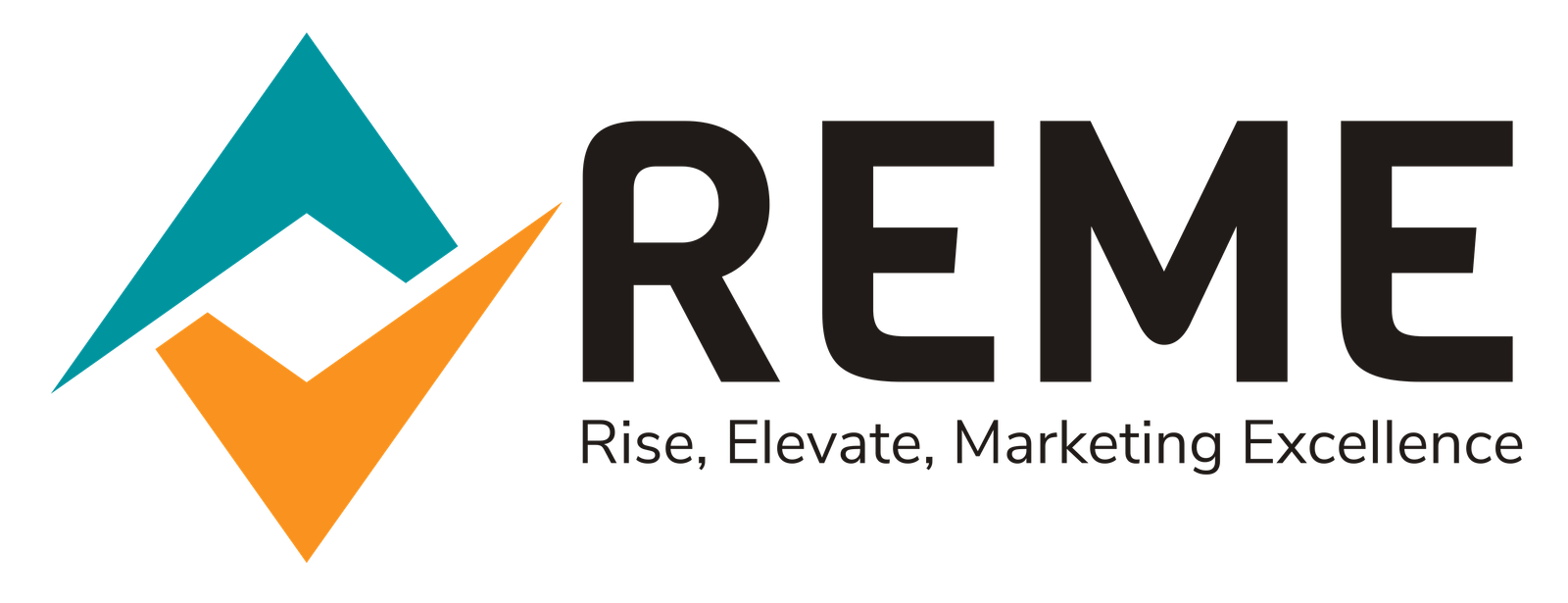Future Facebook Marketing Exposed: Key Trends Shaping the Next Decade
Facebook, now under its parent company Meta, continues to evolve and adapt, keeping marketers on their toes. The future of Facebook marketing lies in emerging technologies like artificial intelligence (AI), augmented reality (AR), and privacy-driven advertising, all of which will revolutionize how brands engage with consumers. To stay ahead of the curve, marketers need to embrace these changes and adapt their strategies to the evolving landscape. This article will explore the key trends and strategies that will define the future of Facebook marketing, with a special focus on SEO-driven approaches.
1. AI-Powered Ad Targeting and Automation
Facebook has always been at the forefront of data-driven marketing, and the future holds even more sophisticated AI-powered targeting tools. AI will enable Facebook to predict user behavior more accurately, offering marketers the ability to reach users at precisely the right time with hyper-targeted ads.
What to Expect:
- Predictive Analytics: Facebook will use AI to anticipate user needs and recommend products or services before users even realize they want them. This predictive ability will make ads more effective and improve conversion rates.
- Automated Campaign Optimization: With automation, Facebook Ads will adjust in real-time based on the performance data. AI tools will tweak ad copy, creatives, and targeting settings to deliver better results without human intervention.
- SEO and AI Synergy: Marketers should also expect to see deeper integration between AI tools and SEO strategies. AI will help businesses identify trending keywords, search terms, and user intents, making it easier to create SEO-optimized content that aligns with Facebook’s algorithms for better ad relevance.
2. Augmented Reality (AR) and Virtual Reality (VR) in Ads
With Meta’s focus on the Metaverse, augmented and virtual reality ads will become a major trend in future Facebook marketing campaigns. AR and VR will create immersive experiences that allow users to interact with brands in completely new ways.
SEO Implications:
- Enhanced Visual Search: With the rise of AR and VR, visual search will become more prevalent. Marketers will need to optimize their images, videos, and AR experiences for search engines. Proper use of alt text, image captions, and structured data will ensure your AR content is discoverable.
- Interactive Content Optimization: As interactive ads like AR become more popular, SEO strategies will need to adapt to ensure that this content is optimized for search engines. Consider focusing on mobile-first indexing, as AR and VR ads will often be accessed via mobile devices.
3. Privacy-First Advertising
With increasing concerns about user privacy and stricter regulations (such as GDPR and Apple’s iOS updates), Facebook is moving toward a privacy-first advertising model. The future will see a significant shift in how user data is collected and used for marketing purposes. Advertisers will need to rely less on third-party data and more on first-party data collected directly from users.
SEO Strategies for Privacy-Driven Advertising:
- Content Focus: With limited access to user data, marketers will need to create more SEO-optimized content that attracts organic traffic. High-quality, informative content that answers user queries will rank higher, driving engagement without relying heavily on personal data.
- Keyword Targeting: As third-party data becomes harder to collect, keyword research and targeting will become more crucial. Optimizing ads and content around high-performing, relevant keywords will help ensure that your campaigns still reach the right audience without invasive data collection.
4. Integration of Social Commerce
Facebook is rapidly expanding its social commerce capabilities, allowing users to make purchases directly within the platform. The future of Facebook marketing will see tighter integration between ads, social interactions, and e-commerce, making Facebook a one-stop shop for discovery and purchases.
SEO and Social Commerce:
- On-Platform Shopping Optimization: Marketers should optimize product listings on Facebook Shops using SEO best practices such as using high-quality product descriptions, structured data, and keywords to enhance visibility in Facebook’s internal search engine.
- SEO and Influencer Marketing: As Facebook continues to support influencer marketing within its social commerce features, brands will need to ensure that influencer content is SEO-friendly. This means optimizing product mentions, hashtags, and video descriptions to improve discoverability on and off Facebook.
5. Video and Live Streaming Dominance
The dominance of video content on Facebook will continue to rise, especially with the popularity of live streaming and short-form video content (like Facebook Reels). Video is not only engaging but also highly effective in driving conversions and engagement.
SEO for Video Content:
- Video Optimization: To ensure your videos rank well within Facebook and on search engines like Google, focus on video SEO. This includes using relevant keywords in titles, descriptions, and tags, as well as adding captions and optimizing thumbnails.
- Live Video SEO: Live streaming will become even more important for brand engagement. Marketers should ensure live videos are optimized for SEO by promoting them with strong titles, descriptions, and hashtags that match user search intent.
6. The Role of Chatbots and Messenger Marketing
Facebook Messenger and AI-driven chatbots will continue to revolutionize customer service and lead generation. Businesses will increasingly rely on these tools to automate customer interactions, answer questions, and drive sales.
SEO and Conversational Marketing:
- Voice Search Optimization: As users increasingly rely on voice assistants and chatbots, voice search optimization will become crucial. Marketers need to optimize content to match natural language search queries, as more users will search via voice or text within Facebook.
- Conversational SEO: The integration of chatbots also means brands must focus on conversational SEO. Keywords and search terms should reflect how users naturally ask questions in conversation with AI assistants or chatbots, ensuring they rank well for these queries.
Conclusion: The Future of Facebook Marketing and SEO
The future of Facebook marketing is one that blends cutting-edge technology with a strong emphasis on user privacy and immersive experiences. To stay ahead, marketers must not only embrace innovations like AI, AR, and social commerce but also ensure that their SEO strategies align with these developments.
By optimizing content for visual search, video, voice, and conversational SEO, brands can continue to thrive on Facebook, even as the platform evolves. As user data becomes more difficult to access, a strong focus on SEO best practices will help businesses maintain visibility and connect with their target audience in meaningful ways.







Reviews
There are no reviews yet.